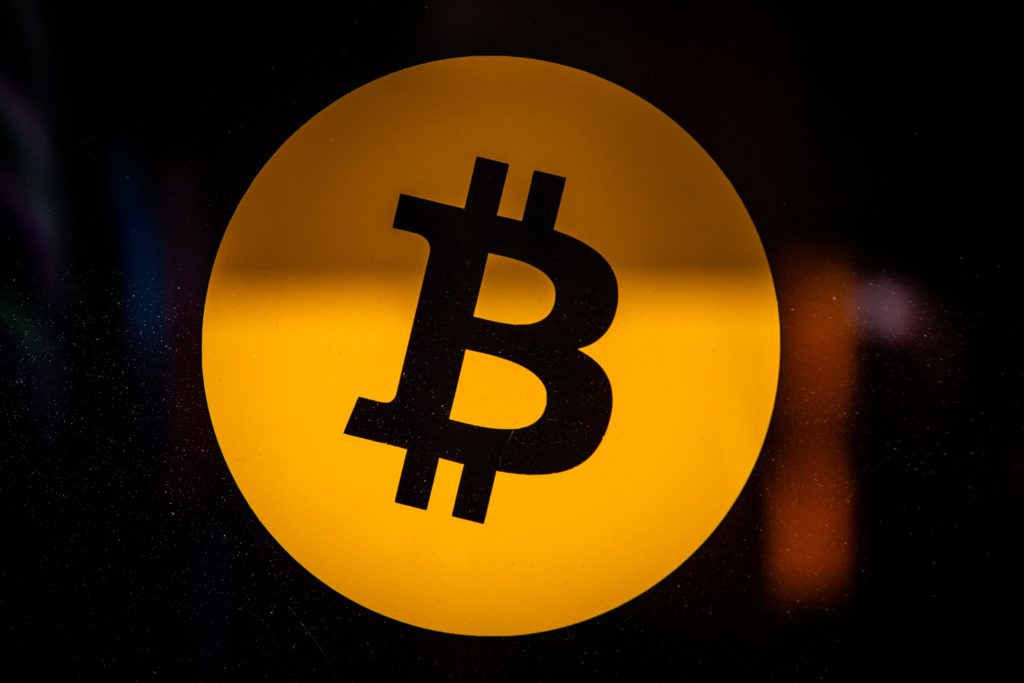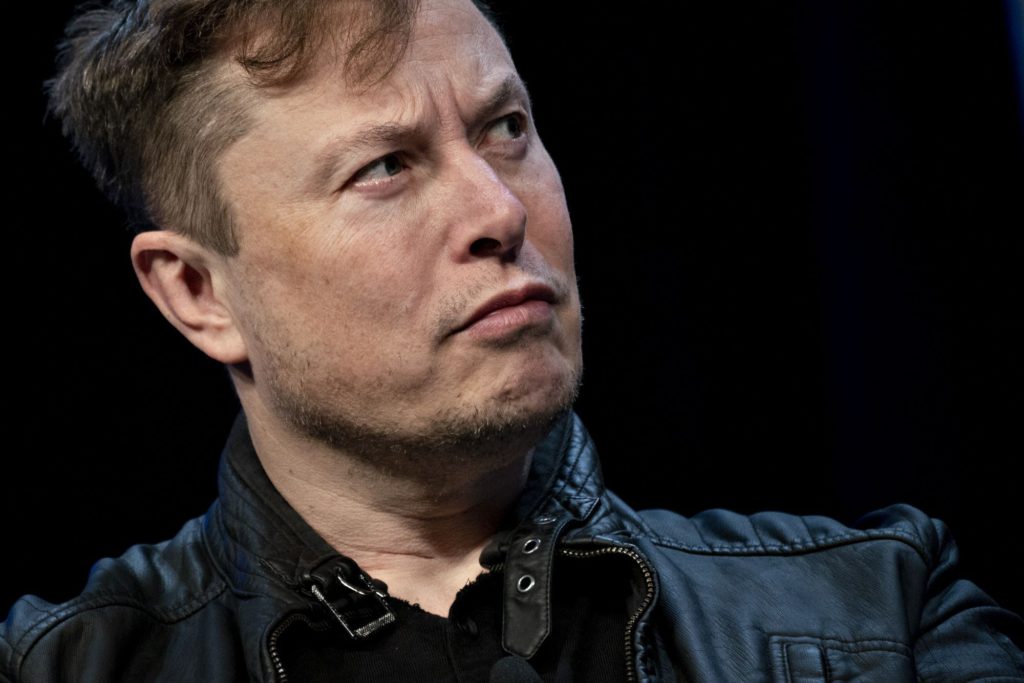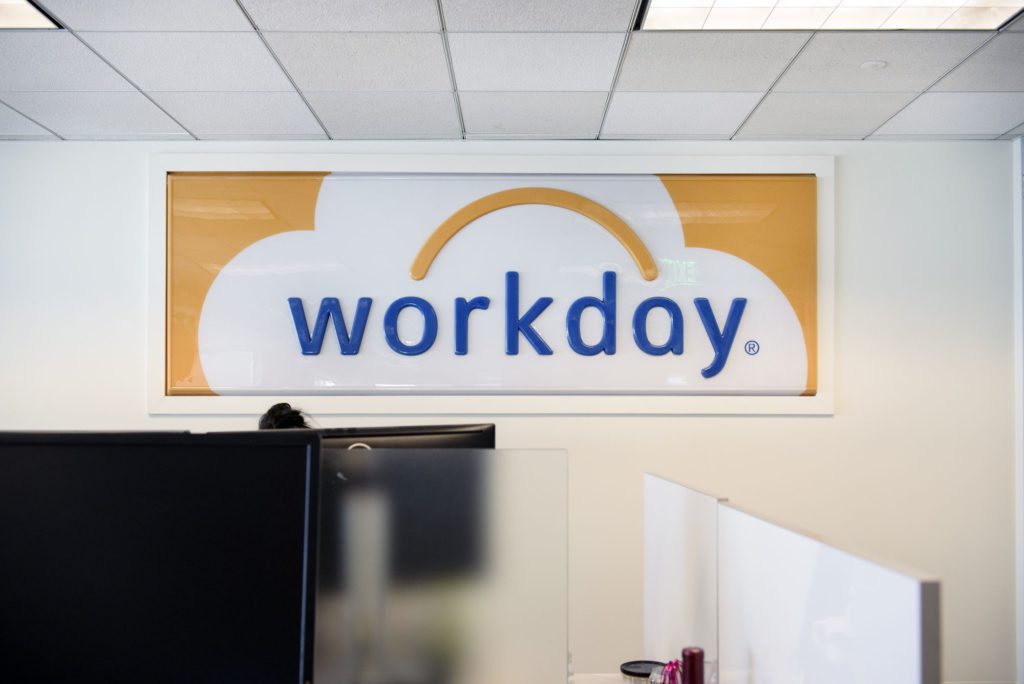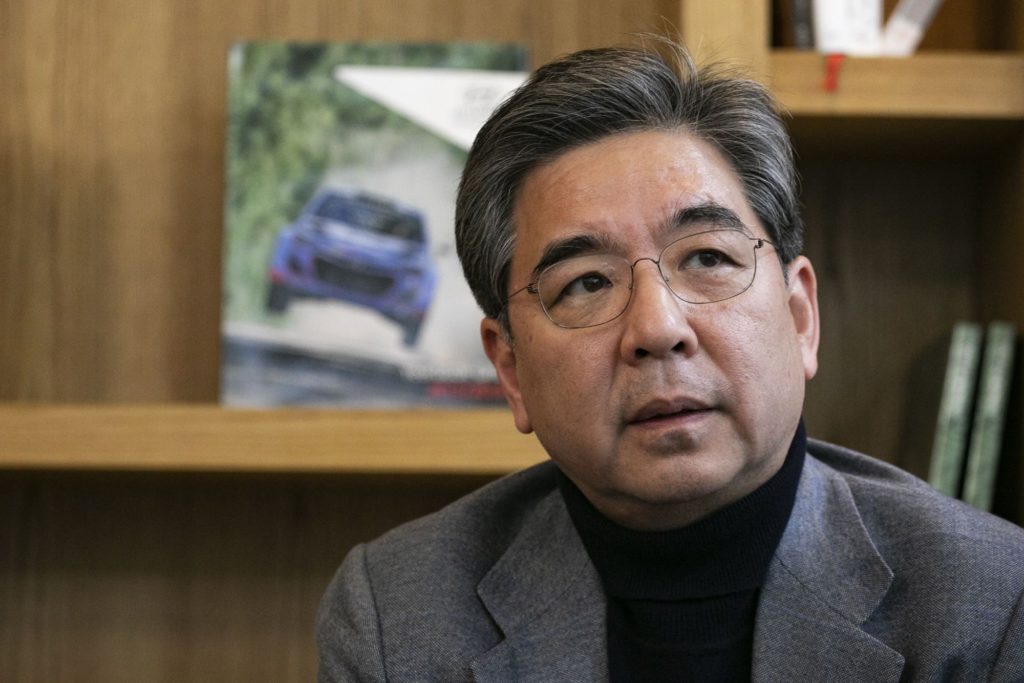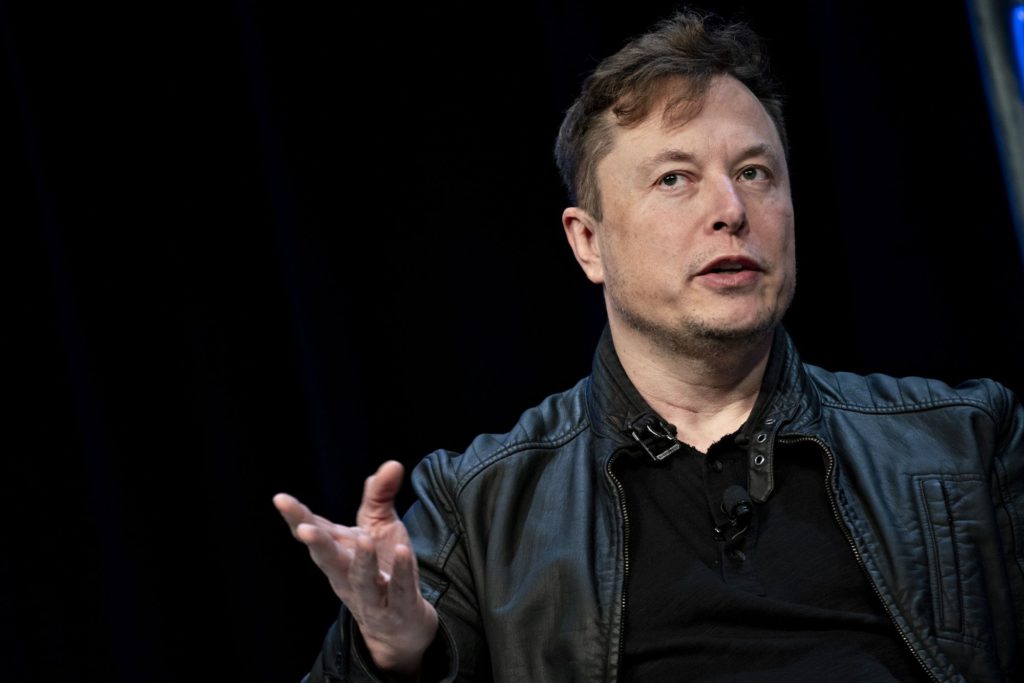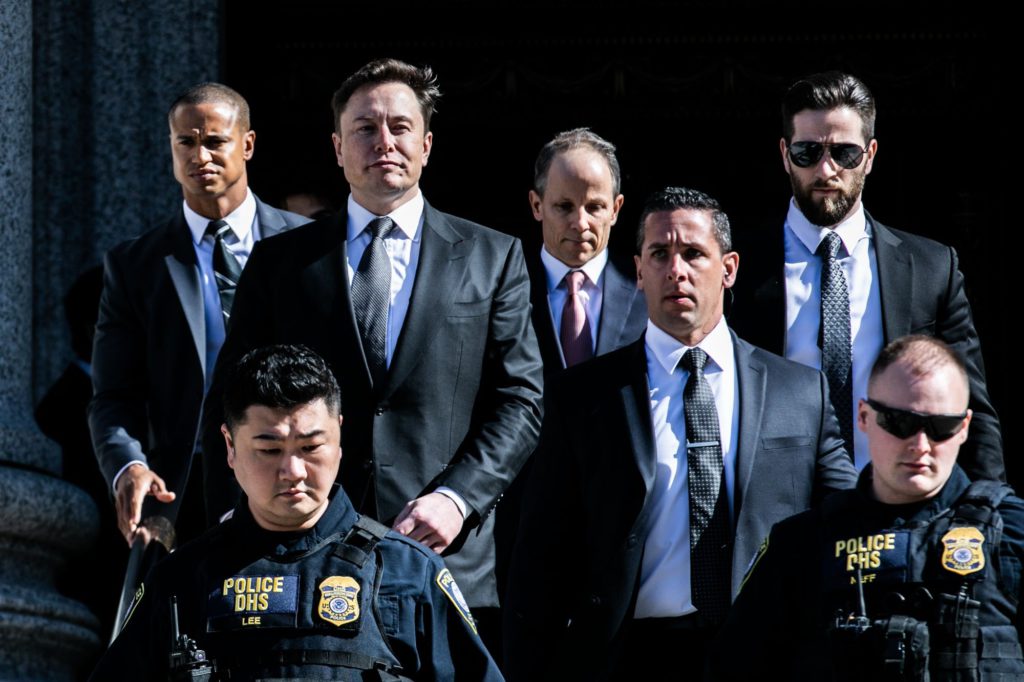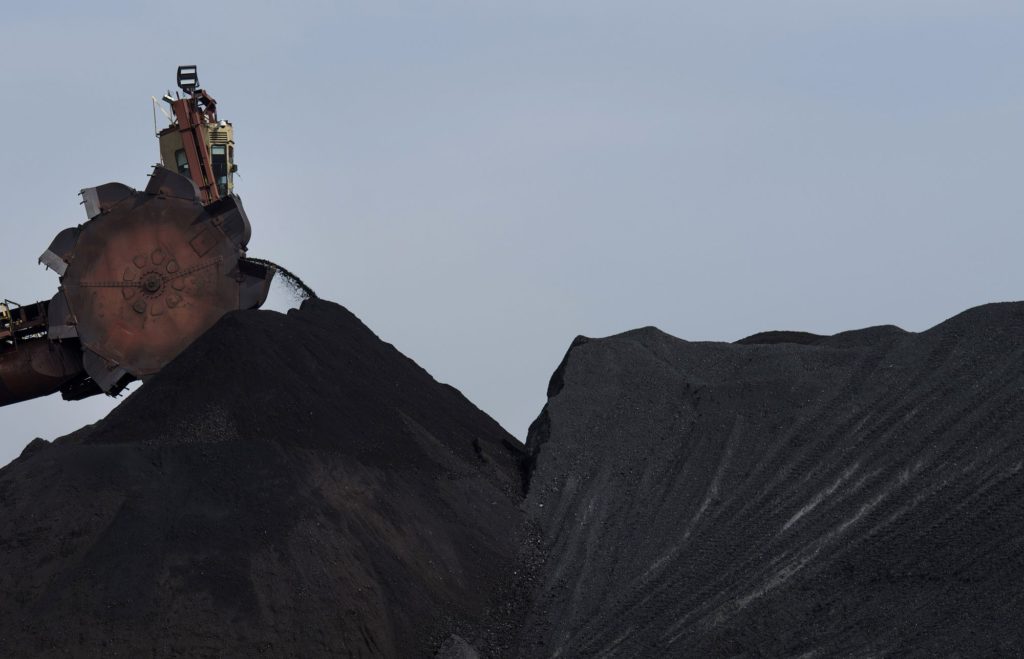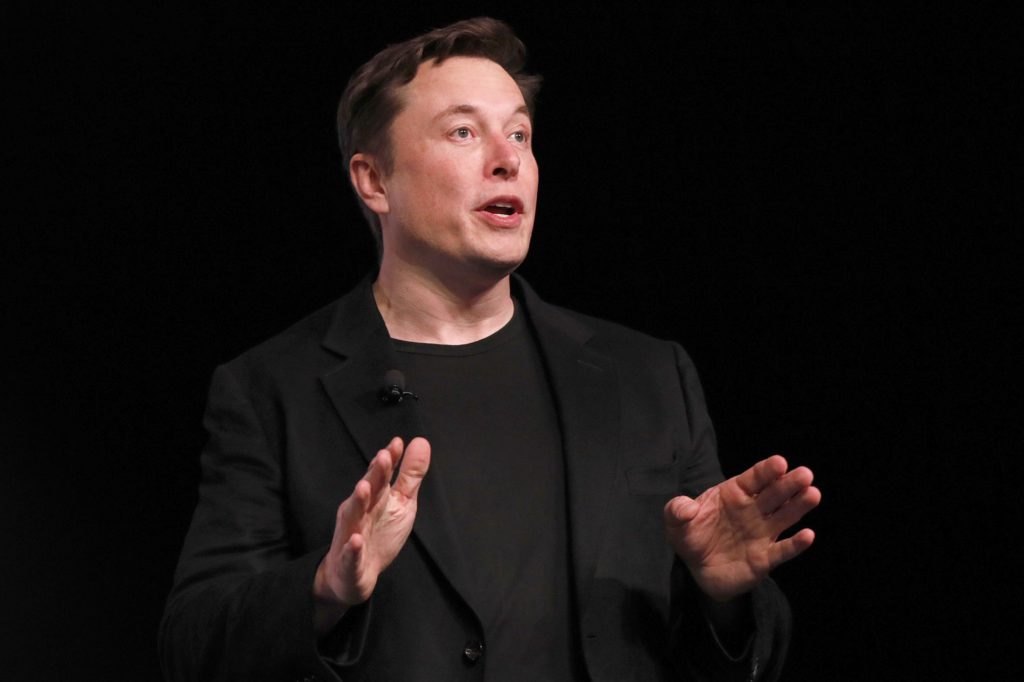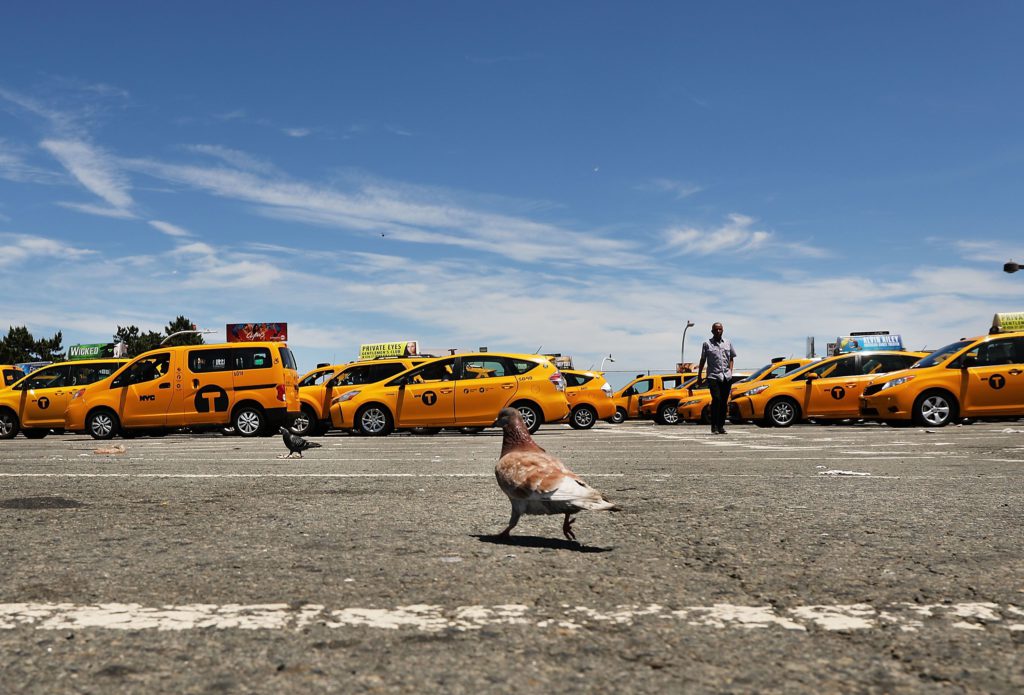Elon Musk’s Twitter Problems Are Multiplying
(Bloomberg) — Elon Musk’s Twitter-related headaches multiplied Tuesday, with the US Federal Trade Commission widening an investigation into the company’s handling of user data and police in Southern California seeking information about an alleged vehicle assault that might involve a member of his security detail.
On top of those legal developments, the billionaire executive is also engaged in a potentially protracted search for a new chief executive officer for the social network, a position he has said no one really wants. Musk also found time to spar publicly with an investor in Tesla Inc., the electric car company he runs, who has chided Musk over his involvement with Twitter.
Musk’s pursuit and purchase of Twitter Inc. has been weighing on the shares of Tesla and sapping his wealth, knocking him from his perch as the world’s richest person. After conducting a Twitter poll asking users whether he should step down as the head of the company — a query met with a resounding yes — he’s actively looking for a possible replacement, a person with knowledge of the matter said.
Whatever the outcome of that search, Musk will need to contend with escalating concerns on the part of the FTC. The federal agency is deepening an investigation into Twitter’s privacy and data security practices in the wake of Musk’s takeover, people with knowledge of the matter told Bloomberg.
FTC lawyers questioned two former senior executives in the past month about whether Twitter has been able to comply with the agency’s 2011 consent order since Musk took over, said three people familiar with the matter, who asked not to be named discussing a confidential investigation. Musk’s Oct. 27 acquisition led to an exodus of many of the social media company’s legal, privacy and compliance executives, prompting the wider investigation.
The two former executives questioned by the FTC were Damien Kieran, Twitter’s former chief privacy officer, and Lea Kissner, the most senior cybersecurity officer, the people said. Kieran and Kissner both quit Twitter Nov. 10, alongside the head of compliance.
The FTC had already opened a new inquiry into Twitter after the company’s former chief cybersecurity officer, Peiter Zatko, filed a whistle-blower complaint, said the people. Zatko testified in Congress in September, alleging the platform was a “ticking bomb of security vulnerabilities.”
Musk’s Twitter also parted ways with Wilson Sonsini Goodrich & Rosati, the law firm that formerly represented the company before the FTC and negotiated both the 2011 consent decree and the terms of a related May settlement over a breach of that agreement.
Wilson Sonsini declined to comment.
Roughly 5,000 of Twitter’s 7,500 employees have left the company since Musk assumed control, including the general counsel and chief privacy officer.
When Bloomberg reached out to Musk about the expanded FTC investigation, he responded, saying, “Why has Bloomberg News been asleep at the switch regarding government censorship of social media?”
Alleged Assault
Meantime, police in the city of South Pasadena are seeking to question the billionaire’s security team over an incident Musk has said represents a threat to his family’s safety — and one that he used to justify a series of punitive steps against Twitter users.
The incident occurred the evening of Dec. 13, when authorities in South Pasadena in Los Angeles County responded to a report of an assault with a deadly weapon involving a vehicle. The alleged victim told officers that another driver confronted him, accusing him of following their car on the freeway, according to a statement Tuesday from the South Pasadena Police Department.
As the other driver was leaving, he struck the alleged victim with his vehicle, according to the statement, which said the incident was captured on video by both parties. The person who said they were struck, described only as a 29-year-old male from Connecticut, didn’t identify the suspect or indicate whether the altercation “was anything more than coincidental.”
Police learned two days later that the suspect was believed to be a member of Musk’s security team. Musk wasn’t present during the incident, authorities said. Detectives are attempting to reach Musk and his security team to take statements.
Musk last week tweeted about an incident around the same time, saying a “crazy stalker” blocked a car belonging to him and climbed onto the hood. Musk linked the situation to a Twitter account that tracks the location of his private jet, saying in the same post that he was taking legal action against its operator. The account was suspended, though there’s no apparent link between it and the incident in South Pasadena. He also temporarily banned journalists who posted about the jet tracker from Twitter.
More stories like this are available on bloomberg.com
©2022 Bloomberg L.P.


